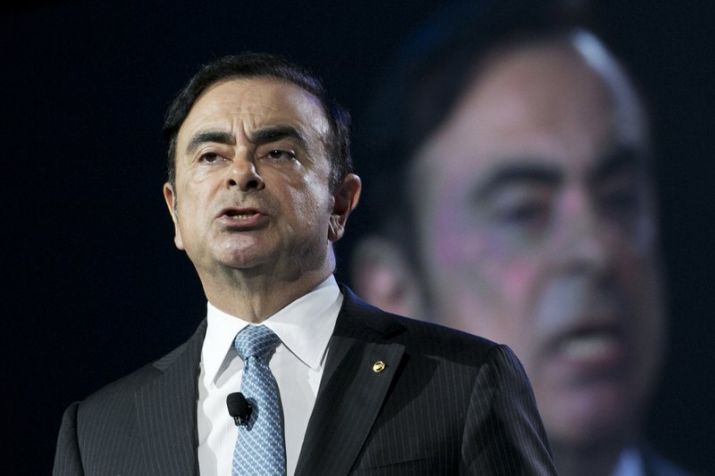Beirut: Lebanon and Japan do not have an extradition agreement that Tokyo could use to call back former Nissan boss Carlos Ghosn over financial misconduct charges, a Lebanese judicial source said Tuesday.
Ghosn, 65, suddenly returned to Lebanon Monday after apparently slipping out of Japan where he had been on bail awaiting trial. “There is no extradition agreement between Lebanon and Japan,” the source told this agency.
Another source at the foreign ministry said Lebanon had ‘not received any communication or demand from Japan until now concerning Ghosn’.
Law professor and former justice minister Ibrahim Najjar said Lebanese law does not allow for Lebanese citizens to be handed over to foreign countries. “Even if Japan did ask for Ghosn to be sent back, Lebanon could not hand him over,” he said.
“And if Interpol put out an international warrant for his (Ghosn) arrest, it would not affect the former auto tycoon as long as he remained in the country where he spent much of his childhood.
“His name would be circulated at ports of entry and at the border, but Interpol has no right to take him by force or impose its decision on Lebanon. Ghosn is safe until further notice. The Lebanese judiciary can try him if it appears he has carried out a crime punishable by Lebanese law,” added Najjar.
Lebanese authorities could ask Japan to examine the files against him, ‘but Lebanon could not prosecute him for tax fraud committed in a foreign country’, Najjar explained.
Ghosn stands accused of deferring part of his salary until after his retirement and concealing this from shareholders, as well as siphoning off millions in Nissan cash for his own purposes.
Ghosn had repeatedly denied all charges against him, and said he fled to Lebanon to escape ‘injustice’.
AFP
